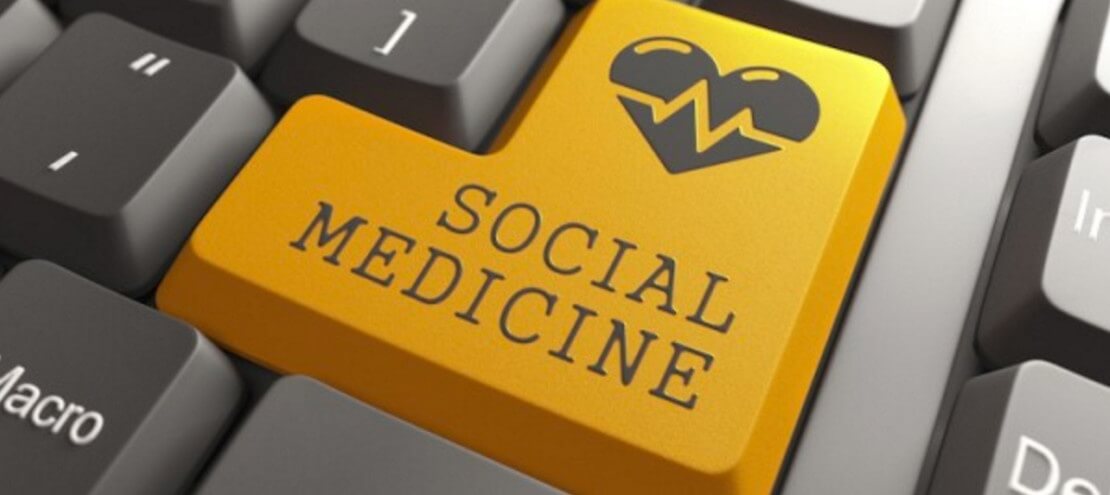
It’s the middle of the night, and you can’t sleep. You have a rash on your leg that looks bigger and redder than it did this afternoon. Or your finger is throbbing so badly you can practically see it pulsing. Your eye is relentlessly twitching. The list goes on. So, what do you do? You don’t want to go to the ER or call your doctor’s emergency line – if it’s nothing you’ve just won yourself the “hypochondriac” stamp of disapproval. On the other hand, it may be something. So you turn to Dr. Google. He’s always there when you need him; he does not judge; and he always has the answer. You may be left sifting for hours through myths, exaggerations and really strange stories that should bear the TMI stamp, but the answer is there… somewhere. You just may find a person who has experienced exactly what you have. Hey, you may even find an entire forum of fellow-sufferers.
A survey conducted by the Pew Research Center found that one in three American adults have gone online to self-diagnose a medical condition. Another survey found that more than 40 percent of consumers say that information they find via social media affects the way they deal with their health. So you’re not alone.
And it is for this reason that pharmaceutical and other healthcare companies have turned much of their marketing efforts to social media. Bottom line: it’s where the patients are.
So, what’s the problem? Social media in the healthcare community, when used improperly, lends itself to increased risk. The informal, brief nature of the content can lead patients to dangerous conclusions by omitting necessary information, such as the risks associated with a therapy, or by exaggerating the benefits of a drug.
If not used properly, social media can also compromise patient privacy and violate HIPAA (Health Insurance Portability and Accountability Act) compliance requirements. Whether it is a doctor mentioning a patient case on Twitter or posting a picture of a procedure on Facebook (both of which have happened), the “social” nature of these channels can often lead to the overstepping of boundaries. Additionally, social media posts can reflect negatively on a physician’s hard-earned professional reputation. Posts that compromise a physician’s integrity, such as a video of a doctor acting under the influence, or online comments revealing discriminatory views can severely impact a physician’s career.
Thus, it is no surprise that the FDA has been reprimanding companies for infractions to HIPAA requirements and other regulations, and even for actions that border on infractions. The FDA has issued warning letters to companies on actions including “liking” a patient’s comment and neglecting to provide sufficient risk information on auto-generated information to be shared on Facebook.
Does the healthcare industry as a whole need to maintain social media silence? Absolutely not. And the FDA doesn’t expect it to. The agency has released extensive guidelines in recent months on how companies should conduct themselves on social media channels. In doing so, the agency has responded to a need, while also providing a platform from which to hold the industry accountable.
It would be a shame to miss the opportunity to provide valuable information to an audience that is so desperately searching for it. But it is also necessary to be as responsible as possible. By staying within the boundaries set by the FDA, even the highly regulated healthcare industry need not be “social” silent.